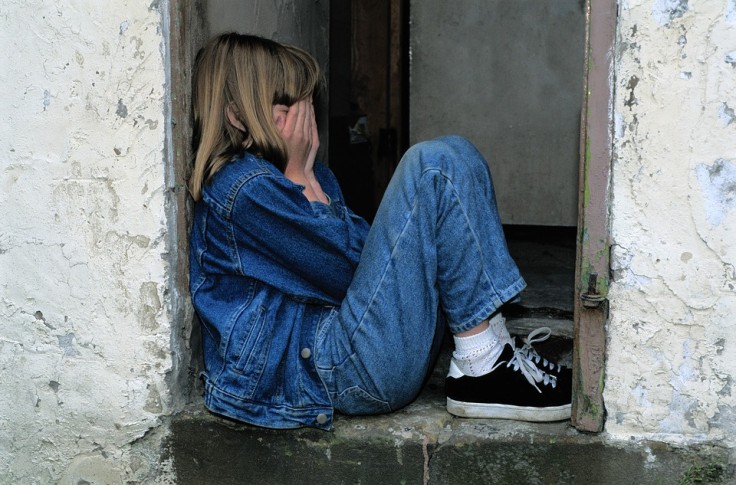
Loneliness is estimated to affect roughly one in five adults in the United States. It also stands as a public health crisis because loneliness has been tied to depression, cardiovascular disease and dementia, among other conditions. As such, a team of researchers at Penn Medicine came together to determine what topics and themes could be associated with loneliness by accessing content posted by users on Twitter. By applying linguistic analytic models to tweets, the researchers found users who tweeted about loneliness post significantly more often about mental well-being concerns and things like struggles with relationships, substance use, and insomnia. Findings from this work, published today in BMJ Open, could lead to easier identification of users who are lonely and providing support for them even if they don't explicitly tweet about feeling alone.
"Loneliness can be a slow killer, as some of the medical problems associated with it can take decades to manifest," said the study's lead author Sharath Chandra Guntuku, PhD, a research scientist in Penn Medicine's Center for Digital Health. "If we are able to identify lonely individuals and intervene before the health conditions associated with the themes we found begin to unfold, we have a change to help those much earlier in their lives. This could be very powerful and have long-lasting effects on public health."
By determining typical themes and linguistic markers posted to social media that are associated with people who are lonely, the team has uncovered some of the ingredients necessary to construct a "loneliness prediction system."
"Social media has the potential to allow researchers and clinicians to passively measure loneliness over time," said study co-author Rachelle Schneider, a research coordinator in the Center for Digital Health. "Through validating our data, we can develop a reliable and accurate tool to do this monitoring."
Focusing on Twitter users in Pennsylvania with publicly accessible accounts, the team found 6,202 who included words like "lonely" or "alone" more than five times over the period reviewed, which stretched from 2012 to 2016. Comparing the entire Twitter timelines of these users to a matched group who did not have such language included their posts, the researchers showed that "lonely" users tweeted nearly twice as much and were much more likely to do so at night.
When the tweets were analyzed via several different linguistic analytic models, the users who posted about loneliness had an extremely high association with anger, depression, and anxiety, when compared to the "non-lonely" group. Additionally, the lonely group were significantly associated with tweeting about struggles with relationships (for example, using phrases like "want somebody" or "no one to"), substance use ("smoke," "weed," and/or "drunk") and issues with regulating their emotions ("I just wanna," "I can't," and/or the use of expletives).
"On Twitter, we found lonely users expressing a need for social support, and it appears that the use of expletives and the expression of anger is a sign of that being unfulfilled," Guntuku said. "Moving forward, we will need to test this in order to determine if one may cause the other - does loneliness cause anger, or vice versa?"
Users in the group that didn't post about loneliness seemed to display some social connections, as they were found to be more likely to engage in conversations, especially by including others' user names (using "@twitter_handle") in their tweets.
The study's senior author Raina Merchant, MD, the director of the Center for Digital Health, explained that once loneliness is identified, it can be addressed in a number of ways.
"It's clear that there isn't a one-size-fits-all model," she said. "Some interventions include buddy systems, peer-to-peer networks, therapy, and skill development for navigating day-to-day interactions with others."
In the future, the researchers hope to develop a better measure of the different dimensions of loneliness that online users are feeling and expressing. Guntuku said that early work is showing that a predictive model they developed as a result of this study is accurately predicting loneliness in a patient population that opted-in to share their Twitter data and took a validated loneliness survey. The hope is to soon launch an initiative that identifies lonely patients receiving care in the hospital and then to develop interventions for them and their families/support systems.
© 2025 University Herald, All rights reserved. Do not reproduce without permission.








